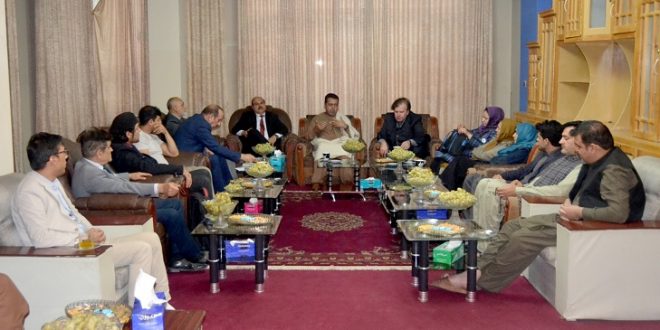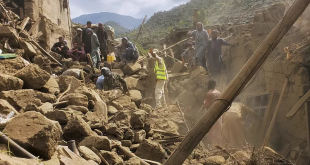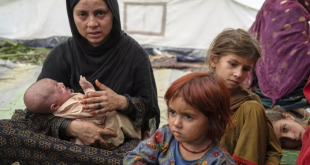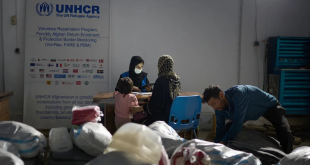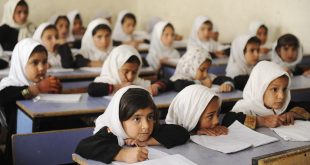AT News Report
KABUL: Voter turnout in Afghanistan’s 28th presidential election was less than half of what it was the last time Afghans chose a president. The dismal at somehow would threaten to weaken the next government no matter who is declared the winner. The Rana Think Tank during its monthly session comprehensively discussed the status quo of Afghanistan and the election and the peace process, concluding that the low turnout in election could weaken the next government in national and international level.
Experts and political pundits participated in the Rana Think Tank said low turnout won’t affect legal legitimacy of the next government, but will negatively affect its political legitimacy.
Political pundits claimed that out of 17 million eligible voters over nine million have registered, in which less than two million people casted votes, so it reveals very less percentages that could weaken politically legitimacy of the next government.
Abdul Satar Saadat, Ex-Chief of Afghanistan’s Electoral Complaints Commission and the Chief Guest of Rana Think Thank session, said low turnout won’t have any issue legally according to the law of the country. But it doesn’t mean all is well, the dismal could politically be bringing the legitimacy of the upcoming government under question, Saadat said.
He said, “if we consider Afghanistan population 30 million and among them 17 million eligible voters, where nine million received voting cards in this round, so out of that 2 million turnout is very much less.”
After separating the non-biometric votes, the biometrically verified turnout level would come below 2 million, he said, while another few thousands duplicated and underage votes are expected to be weeded out.
Considering all mentioned matters, the winner candidate would be announced with around or over 800,000 votes which is very low percentage, he noted.
He cited three issues main factor behind low turnout – one, is a segment that don’t believe to democracy – two, people had the thought that their votes won’t have much affect over the result – third, there was not a real attractive candidate for all the people, in which Afghans to accept any risks to cast their votes.
Member of Academy of Sciences of Afghanistan (ASA), Sarwar Ahamadzai said beside issues in the election, there was some challenges in hiring and firing in electoral bodies.
Safiullah Molakhail has expressed grievance over missing of names or in some site biometric was not working, which was a big problem for the voters.
Beside the low turnout, the Independent Election Commission (IEC) failed to announce preliminary results according to the schedule set for last Saturday (19 October).
Moreover, IEC termed unprofessional behavior of some of the observers of the electoral teams that caused disruption in the process as another issue behind the postponement of announcing result.
But according to reports the Transparent Election Foundation of Afghanistan (TEFA) called political pressure and poor management main reason behind the delay in announcing primary result and asking the electoral bodies to provide documented reasons for the delay.
 Afghanistan Times
Afghanistan Times
